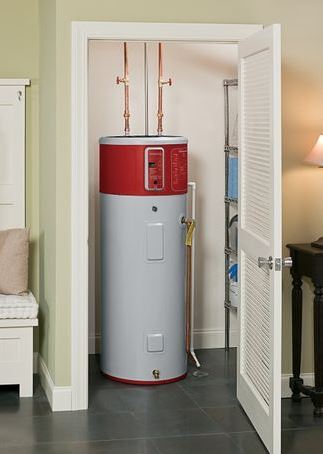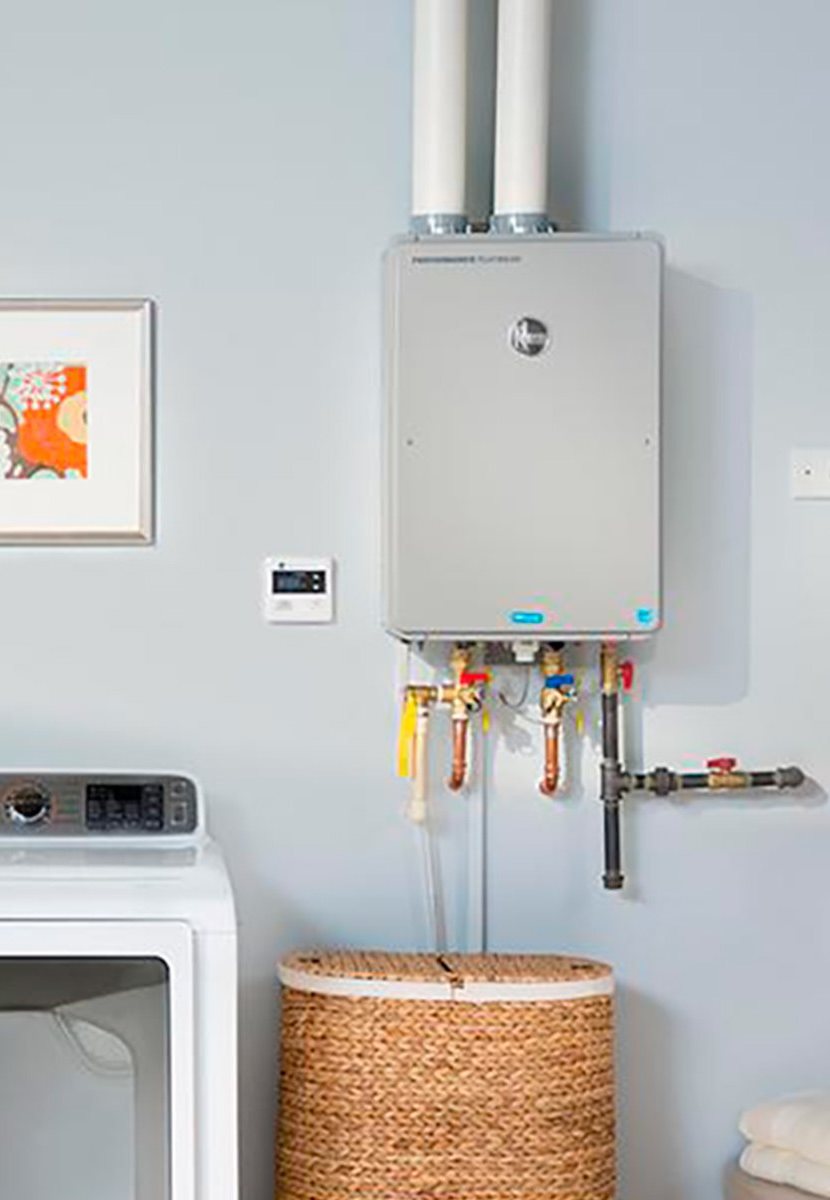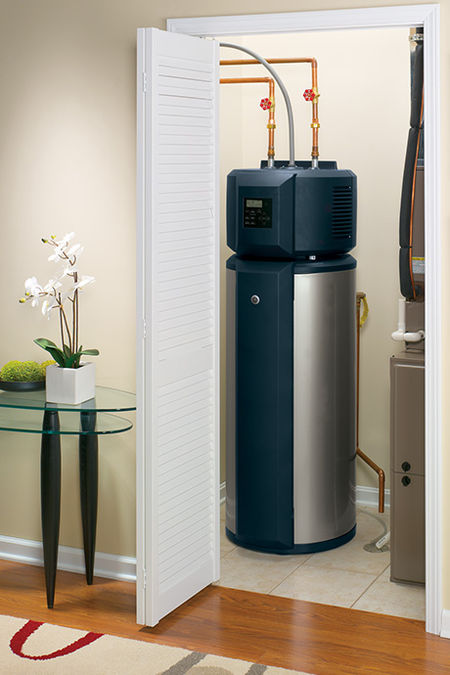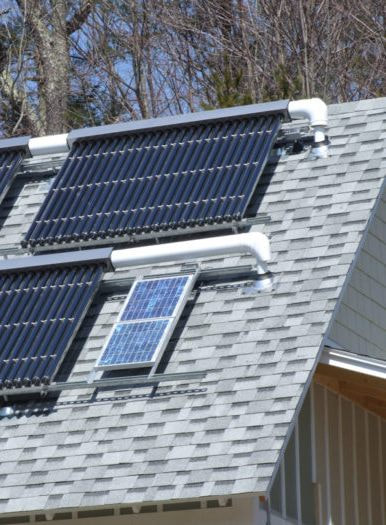|
5/2/2020 0 Comments shopping for a water heaterIf your water heater is getting older, it’s a good idea to shop for a replacement before you run out of hot water, or worse… wake up to water all over the floor! Take note of the energy sources available to you, and the amount of hot water you expect to use. Not every form of energy will work with every kind of water heater, and some water heaters work slower than others. Hot water tanks work with solar, electricity, oil and gas (natural or propane) but tankless water heaters work with only electricity and gas sources. Heat pumps use only electricity. Estimate how much hot water your household uses during peak hours and look for a water heater with a first hour rating (FHR) that meets your demand. A licensed plumber is the best person to make this calculation and help you choose the right size water heater. Heating water can add up to 25% of your energy bill, so be sure to choose an energy efficient heating appliance.
Features to Consider
Warranty: Typically three to twelve years. Purchase prices are closely tied to warranties, and longer warrantied water heaters tend to be better built and better insulated. In addition to choosing a water heater with a good warranty, check consumer reporting websites and reviews from individual owners. Anti-scale devices: Although scale can shorten the life of a water heater, you don't need to invest in extra features to get a dependable water heater. Just buy a good quality tank with a good warranty. Brass vs. plastic drain valves: Near the base of the water heater, these valves are used to periodically drain sediment from the bottom of a tank. Brass drain valves are more durable than plastic. Glass-lined tanks: Are designed to minimize corrosion. Digital displays: Easily monitor and control the operation of your tank; set the temperature of the water, set a vacation mode and other functions.
0 Comments
Leave a Reply. |
AuthorGil Strachan is a professional home inspector, representing Electrospec Home Inspection Services in east-central Ontario since 1994. CategoriesAll Appliances Buying And Selling Cooling Electrical Environmental Exterior Health And Safety Heating Home Improvement Home Inspection Insulation Insurance Interior Plumbing Roofing Special Structure Archives
January 2024
|






